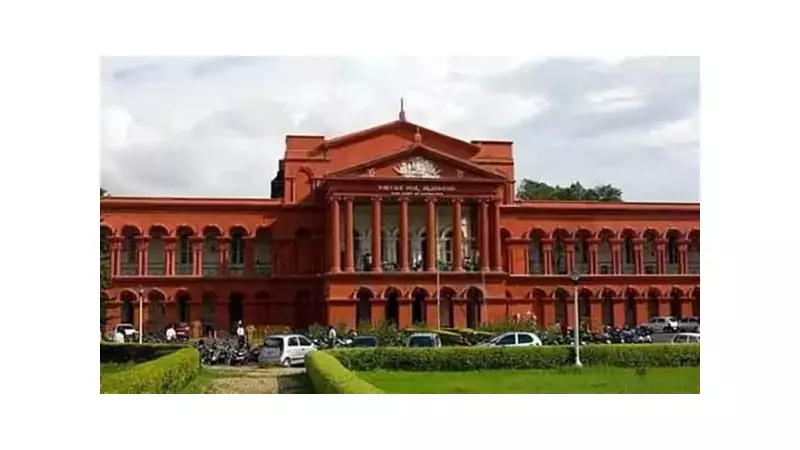
In a major judicial setback for the Congress-led Karnataka government, the High Court has firmly rejected the state's appeal seeking to overturn the prohibition on protests at Bengaluru's iconic Freedom Park. The ruling reinforces the police commissioner's authority to regulate public gatherings in the city.
Court Upholds Police Authority Over Public Spaces
The division bench, comprising Chief Justice N V Anjaria and Justice K V Aravind, delivered the verdict that strengthens the hands of law enforcement in maintaining public order. The court emphasized that the police commissioner holds the legitimate power to grant or deny permission for assemblies in public spaces, particularly when there are concerns about law and order situations.
Background of the Legal Battle
The controversy erupted when Bengaluru police denied permission for a protest planned by various organizations at Freedom Park. The Siddaramaiah government, supporting the protesters' right to assemble, challenged this decision in the High Court. However, the court remained unconvinced by the government's arguments and stood by the police assessment.
Key aspects of the court's reasoning included:
- The paramount importance of maintaining public order and safety
- The police commissioner's statutory authority to regulate assemblies
- The need to balance fundamental rights with public security concerns
- Previous instances where protests led to disruptions in the city
Political Implications and Reactions
This ruling represents a significant political blow to the Siddaramaiah administration, which has positioned itself as a champion of democratic rights and public expression. The decision underscores the judiciary's independent stance in upholding law and order provisions, even when facing pressure from the elected government.
Political observers note that this verdict could have far-reaching consequences for how protests are managed in Karnataka's capital city, potentially setting a precedent for similar cases across the state.
What This Means for Bengaluru Residents
For citizens of India's tech capital, the ruling provides clarity on the protocols governing public demonstrations. While the right to protest remains constitutionally protected, the court has affirmed that this right must be exercised within the framework of public safety regulations and with proper authorization from law enforcement authorities.
The decision is expected to impact future planning of political rallies, social movements, and public gatherings in Bengaluru, ensuring that such events proceed only after thorough security assessments and official approvals.





